Government wants to let driverless cars hit UK motorways
Consultation plans to overhaul Highway Code and insurance legislation

Driverless cars could be insured to drive on UK roads under measures outlined in a fresh consultation the government launched today.
The Highway Code and other driving regulations would also be redrawn to accommodate self-driving vehicles, the Department for Transport (DfT) confirmed.
Under the Pathway to Driverless Cars proposals,vehicles with advanced driver assistance systemswould be allowed to change lanes on the motorway and be parked via remote control.
Transport secretary Patrick McLoughlin said: "Driverless car technology will revolutionise the way we travel and deliver better journeys. Britain is leading the way but I want everyone to have the chance to have a say on how we embrace and use these technologies.
"Our roads are already some of the safest in the world and increasing[ly] advanced driver assist and driverless technologies have the potential to help cut the number of accidents further."
The new consultation comes shortly after two semi-autonomous Tesla cars were involved in accidents, one of which killed the driver.
The crash in May occurred after the Tesla Model S's onboard camera failed to distinguish a lorry from the sky, and the driver failed to apply the brakes. The second crash, involving a Tesla Model X, is under investigation.
Get the ITPro daily newsletter
Sign up today and you will receive a free copy of our Future Focus 2025 report - the leading guidance on AI, cybersecurity and other IT challenges as per 700+ senior executives
The UK has previously stated its intention to become a leader in autonomous cars, and the government believes advanced driving technology will be on sale in the UK in the next two to four years.
However, fully autonomous cars are not expected on Britain's road until the mid-2020s.
Despite the Tesla accidents, and a collision between a Google test car and another vehiclelast summer, today's consultation launch insists that self-driving vehicles will "deliver safer, smoother and smarter road journeys".
The proposed changes to the Highway Code and insurance legislation would form part of the government's Modern Transport Bill, and insurance would extend to cover product liabilities for automated vehicles. Insurers would pay out to victims, then reclaim the money from the manufacturers.
James Dalton, director of general insurance policy at the Association of British Insurers (ABI), said the organisation has been speaking with the DfT about the proposals for some months.
He added: "The development of automated driving will revolutionise motoring, potentially as important a road safety innovation as the seatbelt. Insurers strongly support the government's ambition of making the UK a world leader in this technology and believe the insurance industry has a key role in helping give consumers confidence in using these vehicles when they become more widely available."
Today's consultation continues for nine weeks, and signals the start of a "rolling programme of reform" to introduce driverless cars to UK roads, the government said, after previously stating an aim to complete a full review of legislation by the summer of 2017.
The government invested 20 million in autnomous car projects in February, and 19 million in 2015.Today it announced a new 30 million pot being made available from its Intelligent Mobility Fund for further research projects.
Business secretary Sajid Javid said: "Britain's auto industry has always been at the forefront of innovation and research. This additional 30 million of funding for reseach and development is a further sign of our commitment to making sure we're creating opportunities for UK businesses to thrive and attract global investment in world-class technology."
-
 Asus ZenScreen Fold OLED MQ17QH review
Asus ZenScreen Fold OLED MQ17QH reviewReviews A stunning foldable 17.3in OLED display – but it's too expensive to be anything more than a thrilling tech demo
By Sasha Muller
-
 How the UK MoJ achieved secure networks for prisons and offices with Palo Alto Networks
How the UK MoJ achieved secure networks for prisons and offices with Palo Alto NetworksCase study Adopting zero trust is a necessity when your own users are trying to launch cyber attacks
By Rory Bathgate
-
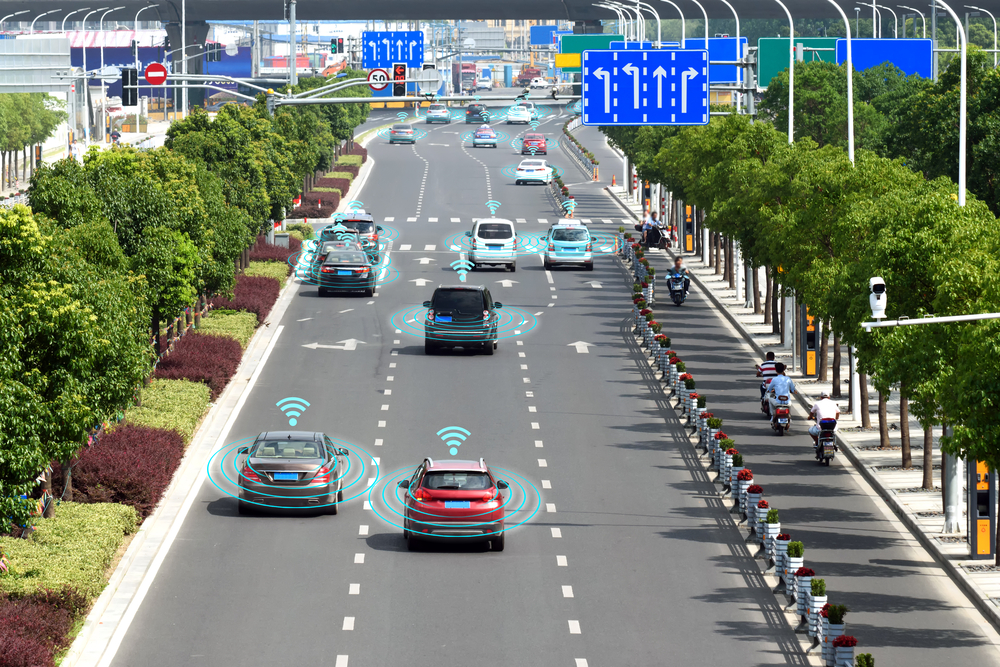 Continental and AWS unveil cloud-based automotive software
Continental and AWS unveil cloud-based automotive softwareNews CAEdge will arrive in the second half of 2021
By Praharsha Anand
-
 Cognizant acquires digital automotive firm ESG Mobility
Cognizant acquires digital automotive firm ESG MobilityNews The deal marks Cognizant's fourth acquisition in 2021, the thirteenth since January 2020
By Praharsha Anand
-
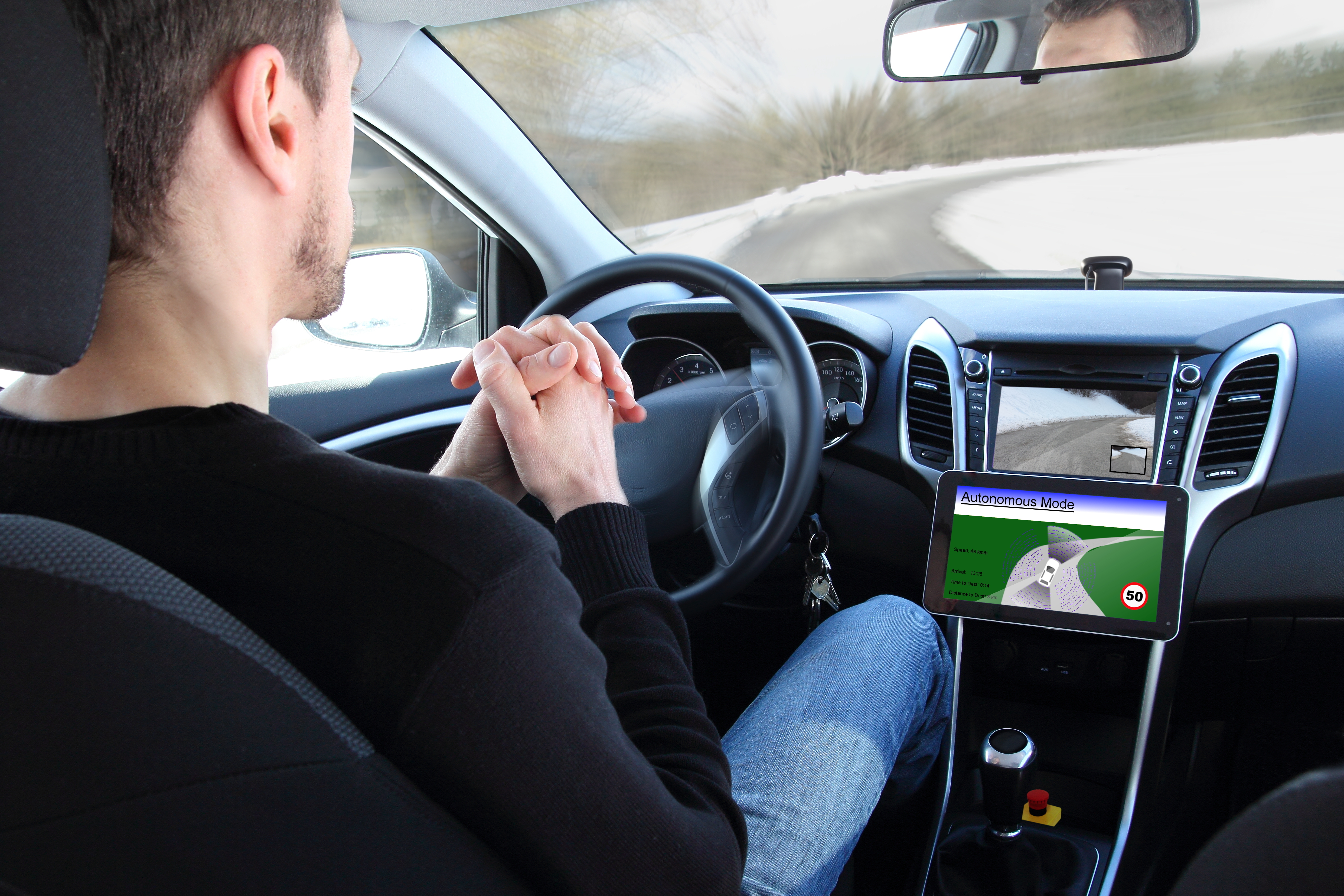 US unveils nationwide data platform for self-driving cars
US unveils nationwide data platform for self-driving carsNews The effort is meant to bring transparency to the ongoing testing of driverless vehicles
By Mike Brassfield
-
 Argo AI closes $2.6 billion deal with Volkswagen
Argo AI closes $2.6 billion deal with VolkswagenNews Self-driving startup expands its operations to Europe with headquarters located in Munich
By Sarah Brennan
-
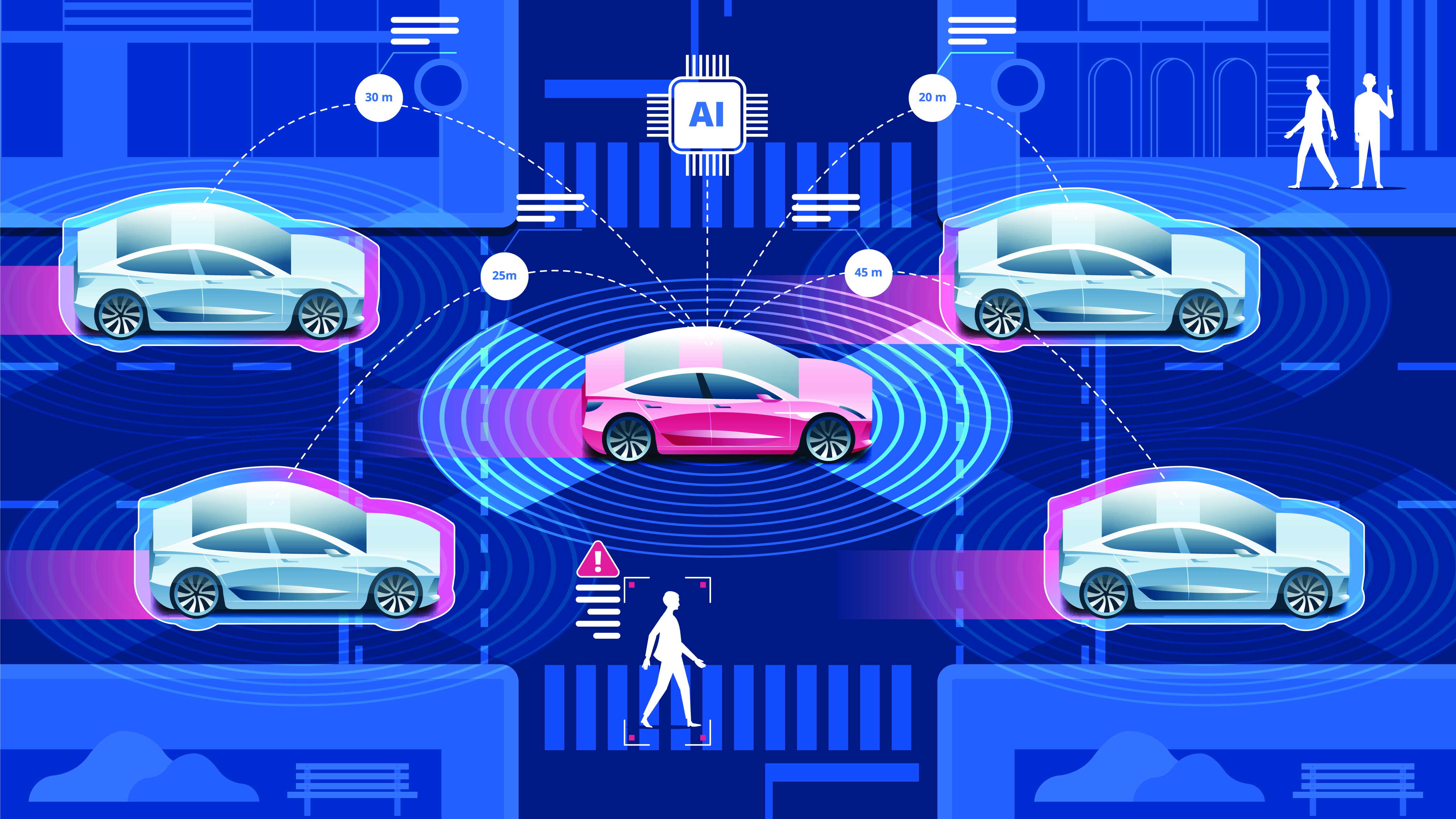 The slow road to driverless cars
The slow road to driverless carsIn-depth We’ve been hearing about self-driving cars for years. But TRL is already testing them on London roads, building testbeds and trials to discover how people will react to automated vehicles
By Rory Bathgate
-
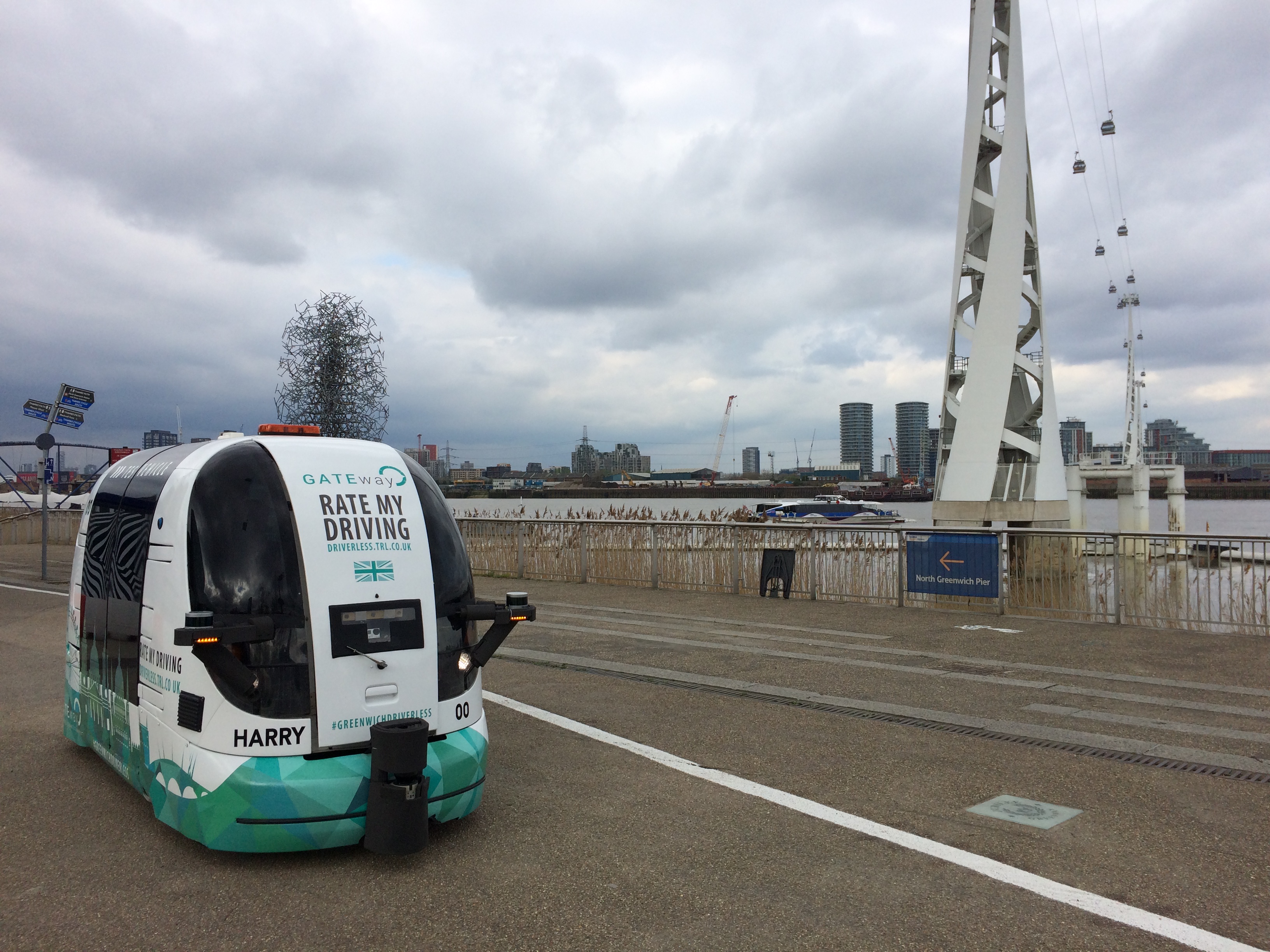 Oxbotica trials driverless shuttle in Greenwich
Oxbotica trials driverless shuttle in GreenwichNews 'Harry' is one of a number of GATEway projects testing autonomous vehicles
By Zach Marzouk
-
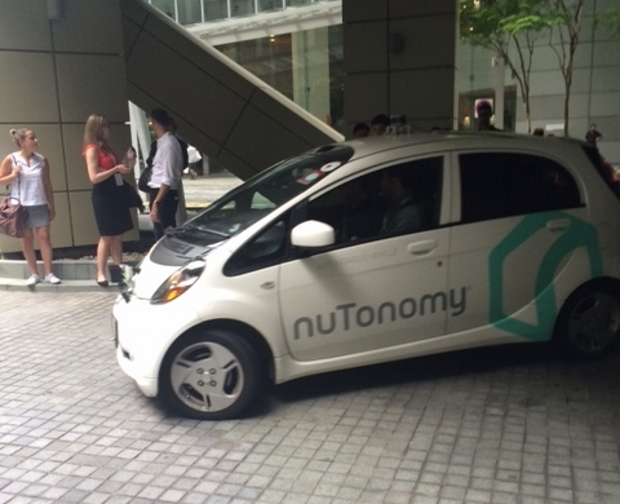 Urban driving is next big challenge for autonomous cars
Urban driving is next big challenge for autonomous carsNews A driverless car start-up wants to bring autonomous taxis to the streets of Singapore and the US
By Caroline Preece
-
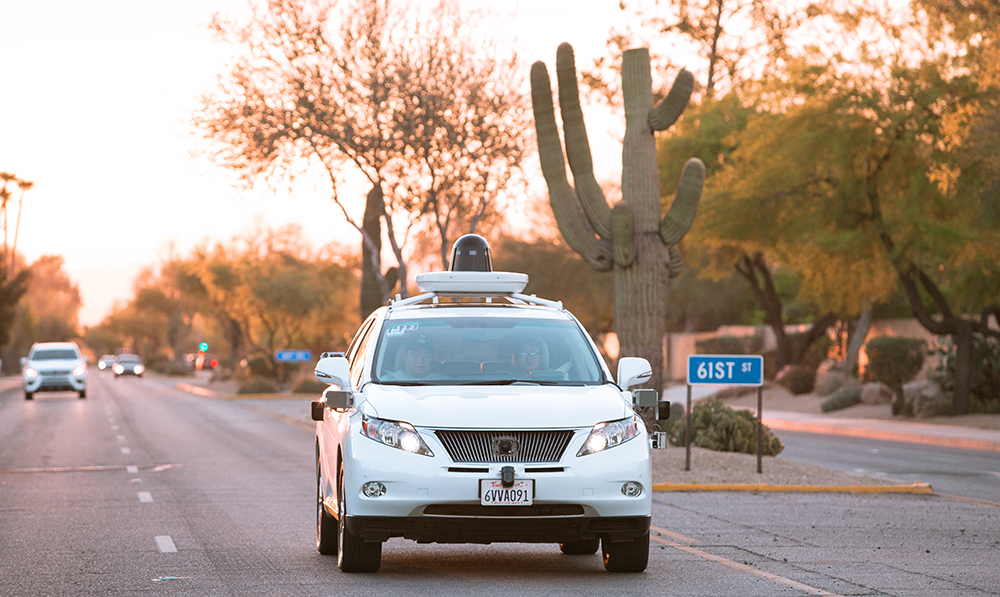 Google's self-driving cars hit the road in Arizona to test extreme heat tolerance
Google's self-driving cars hit the road in Arizona to test extreme heat toleranceNews In Europe, a convoy of self-driving trucks arrives safely in Rotterdam
By Aaron Lee